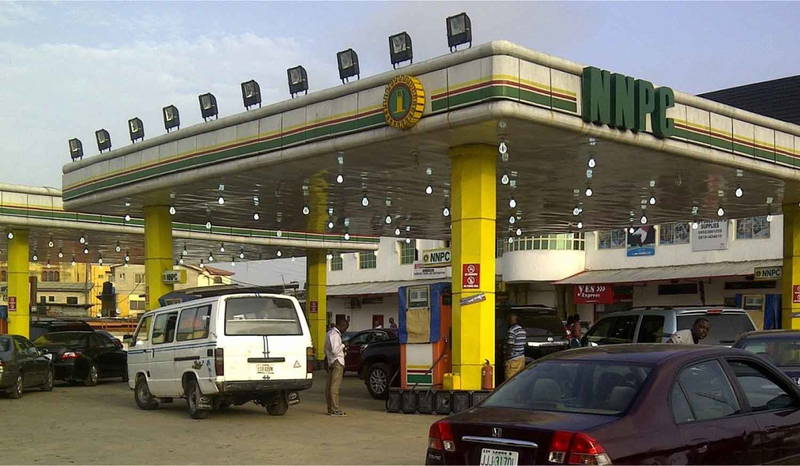In a move to mitigate the economic impact of soaring fuel prices, Nigerian President Bola Tinubu has approved the use of dividends from the Nigerian National Petroleum Corporation (NNPC) to fund a petrol subsidy. This decision comes as the government faces mounting pressure to address the rising cost of living exacerbated by the removal of fuel subsidies earlier in the year.
The NNPC dividends, which are traditionally allocated for various national projects and revenue generation, will now be redirected to provide temporary relief to Nigerian citizens. The petrol subsidy is aimed at cushioning the blow of high fuel prices, which have significantly affected transportation costs, food prices, and overall inflation in the country.
President Tinubu’s administration has also decided to halt interim payments for 2024, opting instead to use the NNPC dividends as an immediate financial buffer. This decision underscores the government’s recognition of the urgent need to address the economic challenges facing millions of Nigerians.
The removal of the longstanding fuel subsidy in 2023 was part of a broader economic reform aimed at reducing government spending and addressing the country’s fiscal challenges. However, the policy change led to a sharp increase in fuel prices, triggering widespread protests and public discontent. The government’s latest move is seen as a response to the growing concerns over the rising cost of living.
The use of NNPC dividends to fund the subsidy is a temporary measure, and the government has not yet outlined a long-term plan for managing fuel prices. Critics argue that while the subsidy may provide short-term relief, it does not address the underlying issues of Nigeria’s dependency on imported fuel and the need for comprehensive energy sector reforms.
Meanwhile, the halt in interim payments for 2024 has raised concerns among stakeholders about the potential impact on public and private sector projects. The government has assured that the decision is necessary to prioritize immediate relief for citizens but has not provided details on how these deferred payments will be managed in the future.
As Nigeria navigates these economic challenges, the Tinubu administration’s ability to balance short-term relief with long-term fiscal sustainability will be crucial. The use of NNPC dividends for the petrol subsidy may offer temporary respite, but the pressure remains on the government to find lasting solutions to the country’s economic woes.
For now, the immediate focus is on easing the financial burden on Nigerians, with the hope that this measure will stabilize the situation and pave the way for more comprehensive reforms in the near future.
Source: businessday.ng



